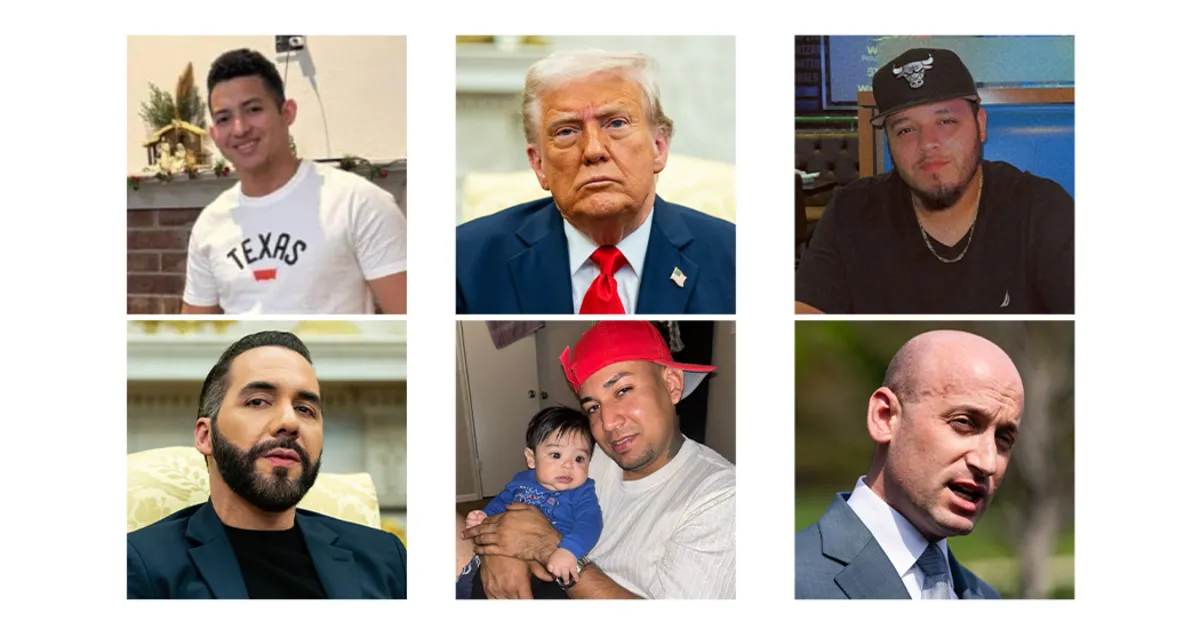
In mid-April, during a press conference held in the Oval Office, President Donald Trump and his Salvadoran counterpart, President Nayib Bukele, showcased a strikingly united front regarding migration policies. The discussion centered around the recent deportation of over 200 migrants to a maximum-security facility in El Salvador. President Bukele expressed his country’s readiness to accept additional deportees, underscoring a collaborative effort between the two leaders on immigration issues.
Despite the apparent solidarity, President Bukele had previously voiced reservations about the nature of the deportees. When questioned by reporters about the potential release of a man who had been wrongfully deported, Bukele dismissively stated, "I mean, we’re not very fond of releasing terrorists into our country." This comment highlights the Salvadoran president's commitment to national security and his intention to ensure that only individuals who pose a legitimate threat to society are housed in his country’s prisons.
Interestingly, just weeks prior, when the planes carrying the deportees arrived in El Salvador, President Bukele had raised concerns about the legal status of many of these individuals. Under the terms of his agreement with the Trump administration, Bukele had consented to accept only those he categorized as “convicted criminals.” However, reports indicated that several of the Venezuelan men labeled as gang members or terrorists by the U.S. government had not undergone formal trials.
According to sources familiar with the situation and documents acquired by The New York Times, Bukele sought guarantees from the United States that those incarcerated in the Salvadoran prison were indeed affiliated with Tren de Aragua, a notorious transnational gang originating from Venezuela. This clarification was deemed critical by a senior U.S. official, who alerted colleagues shortly after the deportations, initiating a swift effort to provide the Salvadoran government with the necessary evidence to confirm the identities of those being deported.
As the situation evolves, the collaboration between the United States and El Salvador highlights the complexities of immigration policies and the legal implications surrounding the treatment of deported individuals. This partnership raises important questions about due process and the responsibilities of both nations in managing migrant populations effectively.